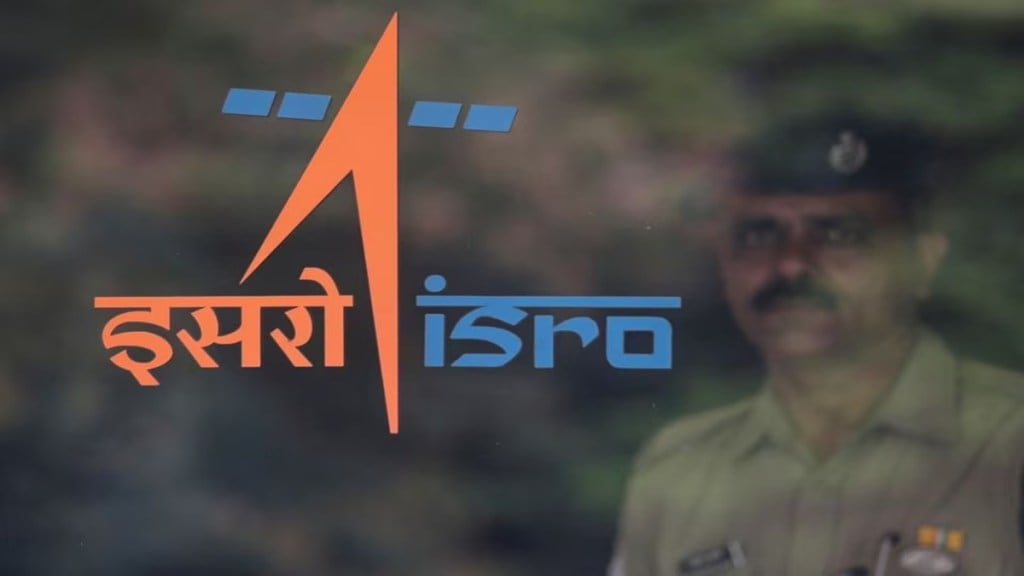A high-level delegation from the Indian Space Research Organisation (ISRO) is leaving for Sweden to visit the test facility designed for the next generation of rockets, sounding rockets, and stratospheric balloons. These advanced tools have played a pivotal role in Sweden’s extensive research on weightlessness and stratospheric phenomena, accumulating a rich history spanning 50 years.
The collaborative efforts between the Swedish Space Corporation (SSC) and ISRO, particularly in the domain of satellite management, are poised for further expansion.
Christer Fuglesang, a distinguished Swedish astronaut, extends admiration for the remarkable success of Chandrayaan-3, terming it “amazing and outstanding.” And he eagerly anticipates the unfolding of subsequent Indian missions, emphasizing the sense of collaboration between both nations.
In an interaction with Financial Express Online in New Delhi, Fuglesang shared his expectations of witnessing the Gaganyaan flight, where Indian astronauts will embark on a journey aboard an indigenous Indian rocket and capsule. The veteran astronaut outlined numerous possibilities for collaboration between the space agencies of India and Sweden, underscoring mutual interests in sustainable space utilization.
Fuglesang delved into the significance of services provided by the Swedish Space Corporation, aimed at fostering space sustainability. He highlighted the indispensable role of space exploration in addressing urgent climate challenges. Speaking on India-Sweden space collaboration, Fuglesang envisioned a plethora of opportunities, given Sweden’s commendable technological prowess.
Talking about the establishment of the Indian-Swedish Space Centre of Excellence, Fuglesang hailed with satisfaction. The enduring partnership between India and Sweden in space technology, forged over 35 years ago through a Memorandum of Understanding signed in 1986, reflects a robust foundation.
Fuglesang acknowledged past collaborations, where Swedish scientists contributed instruments to Indian spacecraft deployed on missions worldwide. He lauded India’s advanced rocket technology, presenting prospects for future collaborations with private companies in the space sector.
On the possibility of collaboration with private companies, Fuglesang visualized opportunities for cooperation, emphasizing the need for exchanges such as business trips to facilitate seamless collaboration. ISRO’s impending talks in Sweden, coupled with a visit to the northern launch site, aim to deepen the understanding of Sweden’s diverse space companies.
Fuglesang shed light on Sweden’s dynamic landscape, featuring a myriad of startups and high-tech companies. He suggested potential collaborations that could mutually complement each other, urging Sweden to closely monitor India’s advancements, especially in areas like lunar launchers operating on a commercial basis. Such observations, Fuglesang believes, can pave the way for even closer ties between Swedish and Indian companies.
As an active participant in celebrating 75 years of diplomatic relations between India and Sweden, Christer Fuglesang, donning multiple roles as an astronaut, professor at KTH Royal Institute of Technology, and a part-time space advisor for SAAB, brings a wealth of experience. His extensive background in experimental particle physics from Stockholm University, coupled with his work at renowned institutions like CERN and ESA, positions him as a key figure fostering collaborative discussions during his visit to India with ISRO and its IN-SPACE team to delve into space programs.
